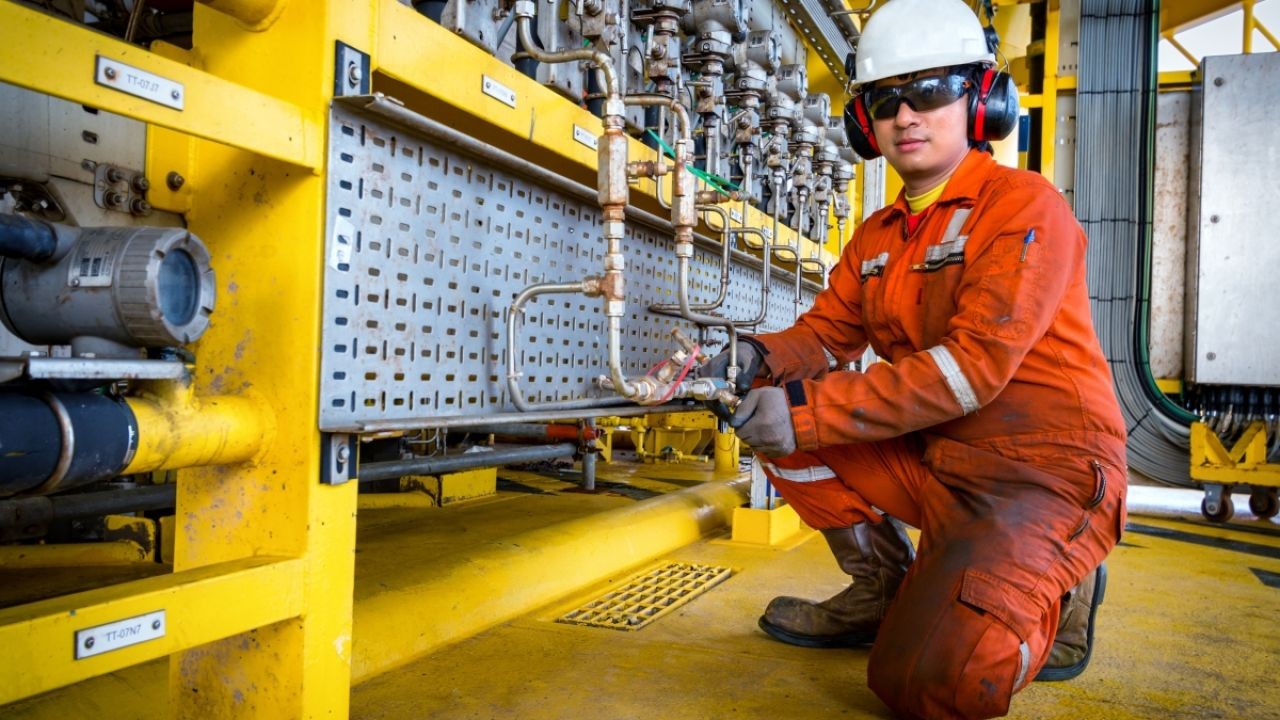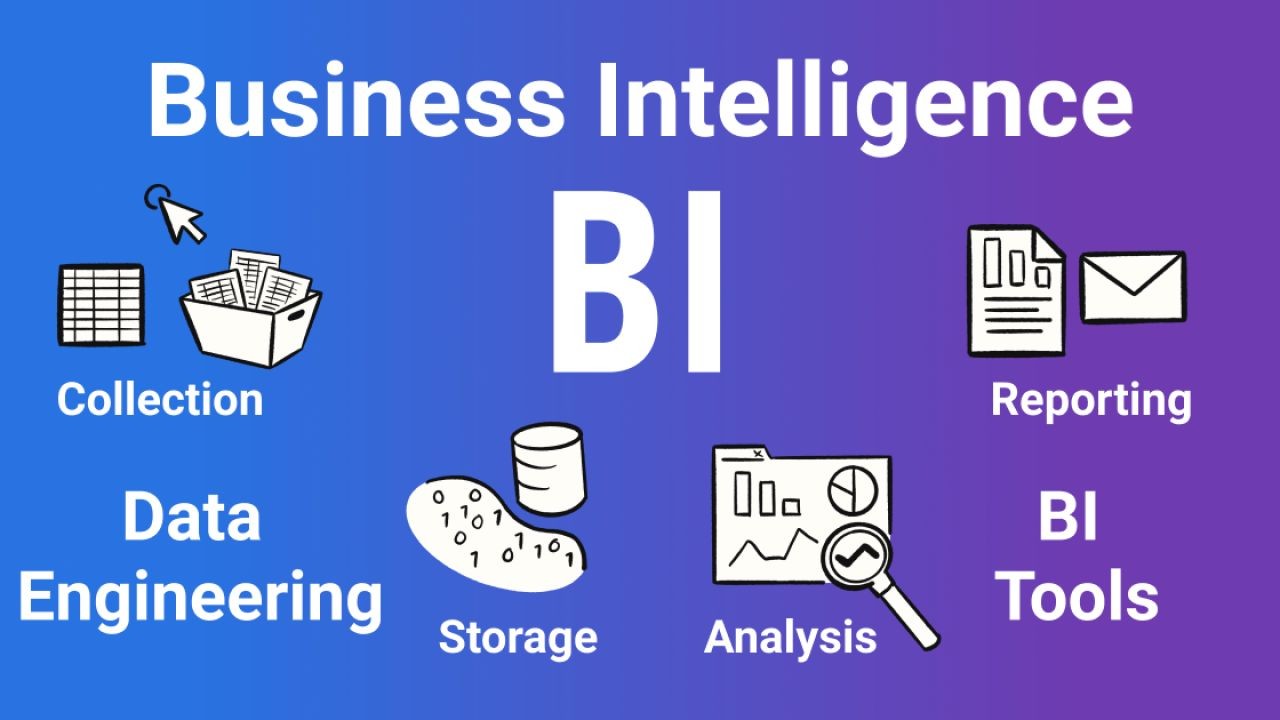The global landscape of venture capital is dynamic, with Australia emerging as a key player in this rapidly evolving field. With unique market conditions, local policies, and economic trends, the Australian venture capital scene presents both opportunities and challenges for investors and startups alike. This article delves into where venture capital is likely to flow in the coming years, highlighting key trends, insights, and data specific to Australia.
Current State of Venture Capital in Australia
Australia's venture capital market, though smaller compared to global giants like the U.S. or China, has shown remarkable growth. According to the Australian Bureau of Statistics (ABS), venture capital investment in Australia reached a staggering AUD 3.4 billion in 2022, marking a 20% increase from the previous year. This growth is fueled by a robust startup ecosystem, particularly in sectors like technology, healthcare, and renewable energy.
Key Sectors Attracting Investment
Tech startups continue to captivate investors, with Australian companies like Canva and Atlassian setting global precedents. The healthcare sector, driven by innovative biotech firms and digital health solutions, also commands significant attention. Data from Treasury AU highlights that healthcare startups received over 30% of total venture capital allocation in 2022.
Government Policies and Their Impact
Government initiatives such as the R&D Tax Incentive and the Early Stage Innovation Company (ESIC) tax offset play a crucial role in fostering innovation and attracting venture capital. These policies not only incentivize investment in early-stage startups but also ensure that Australia remains competitive on the global stage.
Future Trends in Venture Capital Investments
Sustainability and Green Technologies
As global awareness of climate change intensifies, investments in green technologies are expected to surge. The CSIRO predicts that by 2030, 50% of Australia's energy will be renewable, presenting lucrative opportunities for venture capitalists focusing on clean energy startups.
Rise of Fintech and Blockchain
Fintech remains a hotbed for venture capital, with innovative Australian companies leading the charge in blockchain technologies and digital banking solutions. A report by the Reserve Bank of Australia (RBA) suggests that blockchain adoption in financial services could grow by 40% by 2028, driven by the need for secure and efficient transaction processes.
Case Study: Blackbird Ventures – A Strategic Approach
Problem: Blackbird Ventures, a prominent Australian venture capital firm, recognized the challenge of identifying and nurturing high-potential startups amidst a competitive landscape. The firm sought to enhance its investment strategy to ensure sustainable growth and high returns.
Action: The firm adopted a strategic approach, focusing on sectors with long-term growth potential such as SaaS, deep tech, and agtech. By leveraging data analytics and industry expertise, Blackbird Ventures enhanced its due diligence process, ensuring that investments were both impactful and aligned with future market trends.
Result: Through this refined strategy, Blackbird Ventures achieved a portfolio return of over 30% annually. Notable investments include Canva, which saw a valuation increase from AUD 5 billion to AUD 40 billion between 2020 and 2023.
Takeaway: The success of Blackbird Ventures underscores the importance of strategic foresight and data-driven decision-making in venture capital investments. For Australian investors, aligning with future industry trends will be key to maximizing returns.
Debunking Common Myths about Australian Venture Capital
- Myth: "Venture capital is only for tech startups." Reality: While tech receives a significant portion of funding, sectors like healthcare, agtech, and clean energy are rapidly attracting venture capital, offering diverse opportunities.
- Myth: "All startups funded by venture capital succeed." Reality: According to the Australian Investment Council, only 10% of venture-backed startups scale successfully, highlighting the inherent risks involved.
- Myth: "Venture capital is the only way to scale a startup." Reality: Startups can also leverage angel investors, government grants, and crowdfunding as viable alternatives to venture capital.
Future Predictions for Australian Venture Capital
Looking ahead, the Australian venture capital landscape is set to evolve significantly. A Deloitte report forecasts that by 2026, venture capital investments in AI and machine learning could increase by 35%, driven by advancements in automation and data analytics. Furthermore, with an increasing focus on sustainable practices, venture capitalists are likely to prioritize startups that align with Environmental, Social, and Governance (ESG) criteria.
Pros and Cons of Venture Capital in Australia
Pros:
- Higher ROI: Australian startups backed by venture capital have reported substantial revenue growth.
- Diverse Opportunities: Investment isn't limited to tech; healthcare and green tech are burgeoning fields.
- Government Support: Policies like the R&D Tax Incentive foster a supportive environment for innovation.
Cons:
- High Risk: Many startups fail, resulting in potential losses for investors.
- Regulatory Challenges: Compliance with local and international regulations can be complex.
- Market Saturation: Certain sectors, like fintech, face intense competition.
Conclusion and Call to Action
The Australian venture capital market is poised for growth, with significant opportunities in tech, green energy, and healthcare. As a Manufacturing Innovation Consultant, understanding these trends is crucial to advising clients and making informed investment decisions. To stay ahead, consider participating in industry forums, subscribing to venture capital insights newsletters, and engaging with local innovation hubs.
What’s your take on the future of venture capital in Australia? Share your insights and join the conversation below!
People Also Ask
- How does venture capital impact Australian startups? Venture capital provides crucial funding for growth, allowing startups to scale operations, innovate, and compete globally, resulting in higher market success rates.
- What are the biggest misconceptions about venture capital? A common myth is that all venture-backed startups succeed. However, only about 10% scale successfully, showcasing the high-risk nature of such investments.
- What upcoming changes could affect venture capital in Australia? By 2026, policy updates favoring sustainable investments could shift the focus towards green technologies and ESG-compliant startups.
Related Search Queries
- Australian venture capital trends 2025
- Top venture capital firms in Australia
- Impact of government policies on venture capital
- Future of fintech investments in Australia
- How to attract venture capital in Australia
- Startup funding opportunities in Australia
- Investment in green technology startups
- ESG criteria in venture capital
- Challenges in Australian venture capital
- Case studies of successful Australian startups
































okimanem
9 months ago